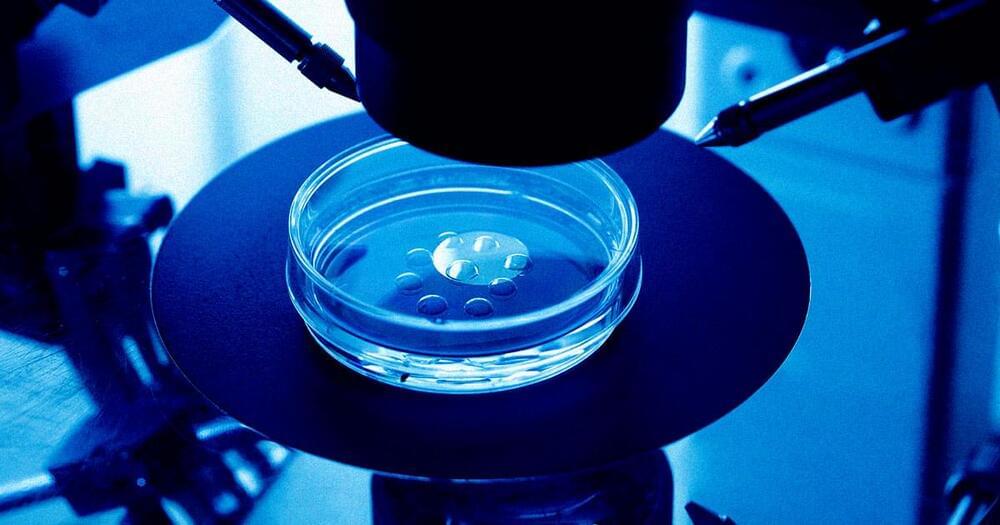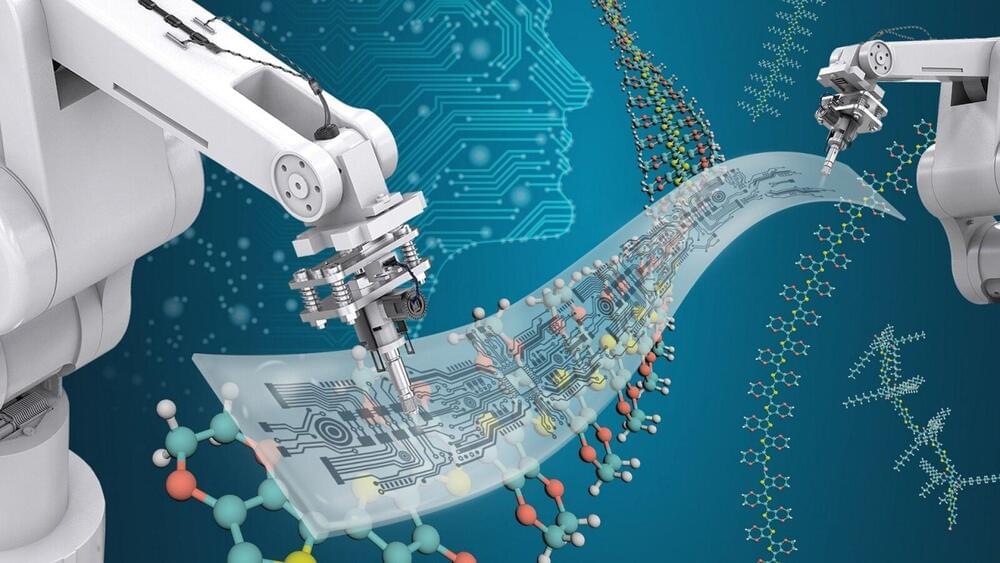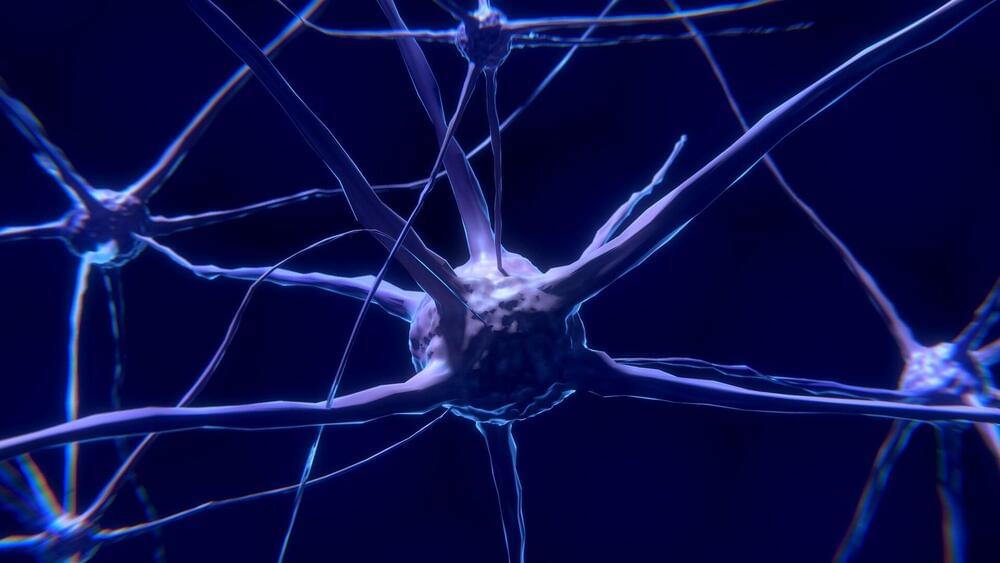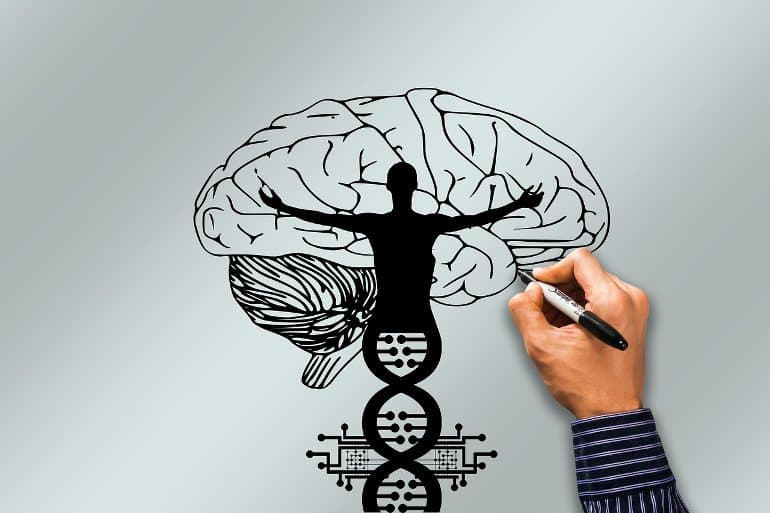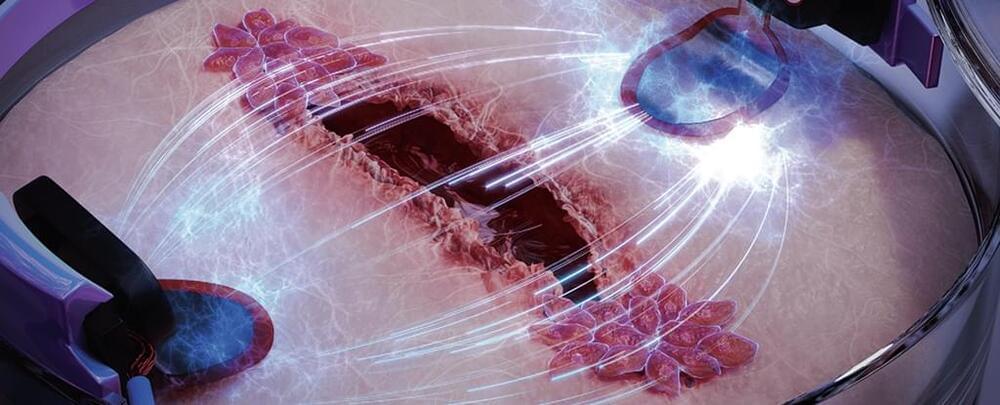Researchers from Children’s Hospital of Philadelphia (CHOP) and Princeton University have discovered a novel genetic disorder associated with neurodevelopmental differences. The discovery identified the disorder in 21 families from all over the world. The study “Abrogation of MAP4K4 protein function causes congenital anomalies in humans and zebrafish” is published in Science Advances today, April 26.
The as-yet unnamed disorder is the result of a series of rare variants in the MAP4K4 gene, which is involved in many signaling pathways, including the RAS pathway that normal cell growth, and is being investigated as druggable target for multiple disorders.
The researchers had documented several patients with craniofacial and neurodevelopmental issues that indicated a then-unknown genetic cause. They put out an international call for patients who seemed to fit these specific criteria. Ultimately, they were able to identify patients from 36 countries to determine whether there was a genetic variant linking them to their clinical issues.

